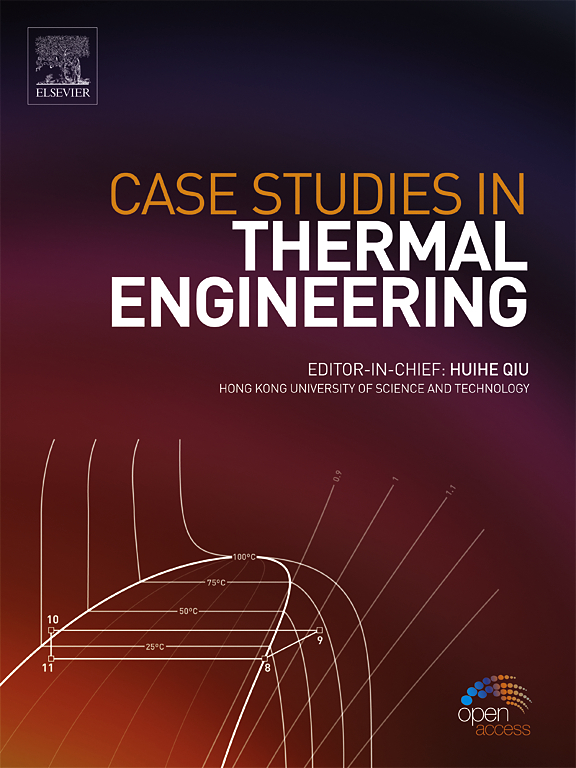用混合元启发式方法优化CNN-LSTM太阳辐射预报
IF 6.4
2区 工程技术
Q1 THERMODYNAMICS
引用次数: 0
摘要
对太阳能的日益依赖强调了对光伏发电输出进行精确预测的必要性,其中太阳辐射预测是一个关键因素。本研究提出了一种利用气象和太阳辐射资料预报太阳辐射的新模型。对长短期记忆、自回归综合移动平均、多层感知器、随机森林、XGBoost、支持向量回归和CNN-LSTM混合模型等几种机器学习和深度学习模型的性能进行了评估,用于每日太阳辐射预测。为了提高模型的准确性,采用粒子群算法、灰狼算法和海星算法三种元启发式算法对CNN-LSTM模型进行超参数优化。然后,提出了一种混合集成方法,将优化后的3种CNN-LSTM模型的预测结果集成在一起,以减小误差,提高预测稳定性。结果表明,混合模型优于单个模型,实现了最低的MAE、MSE和RMSE,同时最大化了R2得分。所提出的方法展示了混合深度学习与元启发式优化在太阳辐射预测中的有效性,为可再生能源应用提供了一个强大且适应性强的框架。本文章由计算机程序翻译,如有差异,请以英文原文为准。
Optimized CNN-LSTM with hybrid metaheuristic approaches for solar radiation forecasting
The increasing reliance on solar energy has underscored the need for precise forecasting of photovoltaic power outputs, with solar radiation forecasting being a critical factor. This study proposes a novel model for solar radiation forecasting using meteorological and solar radiation data. The performance of several machine learning and deep learning models, including Long Short-Term Memory, Autoregressive Integrated Moving Average, Multilayer Perceptron, Random Forest, XGBoost, Support Vector Regression, and a hybrid CNN-LSTM model, is evaluated for daily solar radiation forecasting. To improve the accuracy of the model, hyperparameter optimization is applied to the CNN-LSTM model using three metaheuristic algorithms: Particle Swarm Optimization, Grey Wolf Optimization, and Starfish Optimization Algorithm. A hybrid ensemble approach is then proposed, integrating the predictions of the three optimized CNN-LSTM models to reduce error and enhance forecasting stability. The results demonstrate that the hybrid model outperforms the individual models, achieving the lowest MAE, MSE, and RMSE while maximizing the R2 score. The proposed methodology showcases the effectiveness of combining hybrid deep learning with metaheuristic optimization in solar radiation forecasting, offering a robust and adaptable framework for renewable energy applications.
求助全文
通过发布文献求助,成功后即可免费获取论文全文。
去求助
来源期刊

Case Studies in Thermal Engineering
Chemical Engineering-Fluid Flow and Transfer Processes
CiteScore
8.60
自引率
11.80%
发文量
812
审稿时长
76 days
期刊介绍:
Case Studies in Thermal Engineering provides a forum for the rapid publication of short, structured Case Studies in Thermal Engineering and related Short Communications. It provides an essential compendium of case studies for researchers and practitioners in the field of thermal engineering and others who are interested in aspects of thermal engineering cases that could affect other engineering processes. The journal not only publishes new and novel case studies, but also provides a forum for the publication of high quality descriptions of classic thermal engineering problems. The scope of the journal includes case studies of thermal engineering problems in components, devices and systems using existing experimental and numerical techniques in the areas of mechanical, aerospace, chemical, medical, thermal management for electronics, heat exchangers, regeneration, solar thermal energy, thermal storage, building energy conservation, and power generation. Case studies of thermal problems in other areas will also be considered.
 求助内容:
求助内容: 应助结果提醒方式:
应助结果提醒方式:


